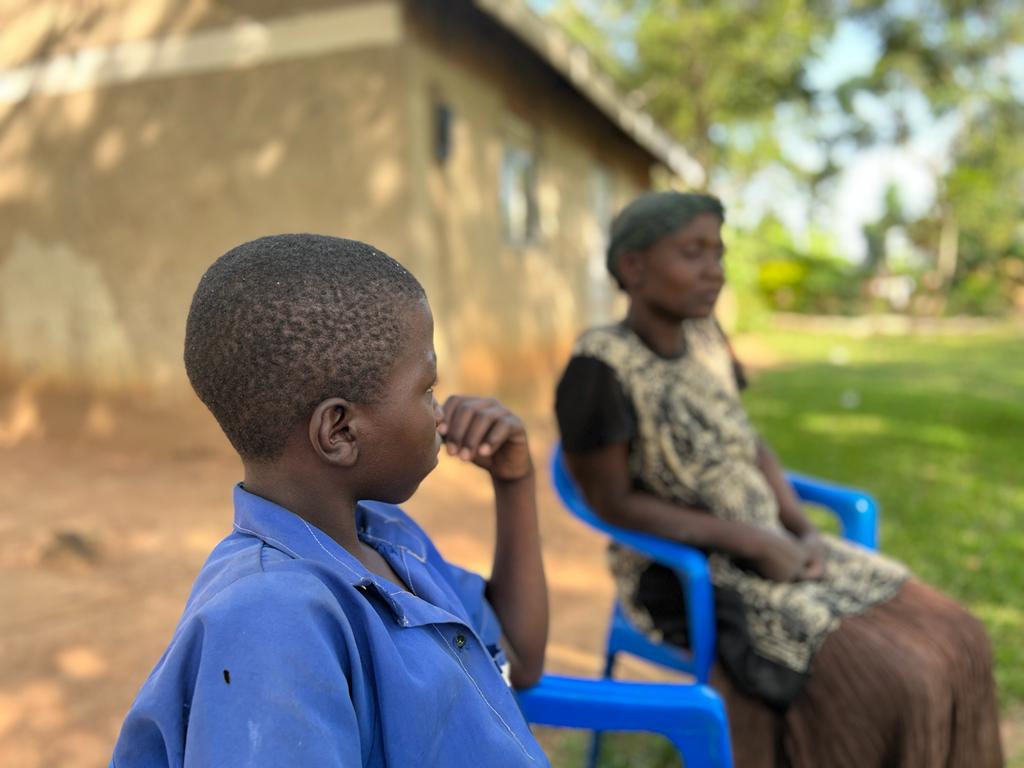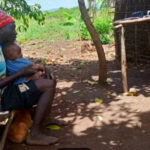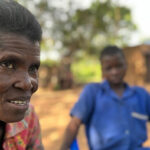Effective case management is at the heart of protecting vulnerable children and empowering families to overcome adversity. In Uganda, where children are often exposed to poverty, violence, and limited access to essential services, strong case management systems provide a lifeline, connecting beneficiaries to the support they need to survive and thrive.
Why Case Management Matters
Case management is more than just a process of recording needs and actions. It is a structured approach that ensures children and their caregivers receive personalized, coordinated, and timely support. Research has shown that children enrolled in well-managed case management systems are 40% more likely to access health services and 60% more likely to remain in school compared to peers without such support.
For Bantwana Initiative Uganda, case management is central to achieving its mission. Every beneficiary is assessed not only for immediate needs but also for long-term resilience, whether in health, education, child protection, or psychosocial well-being.
An essential component of case management is the referral pathway, the system that links beneficiaries to specialized services beyond the scope of community-based interventions. In the districts where Bantwana operates, referral pathways are critical for ensuring that no child “falls through the cracks.”
- Health Referrals: Children with medical needs are referred to nearby health facilities, including specialized care for HIV, reproductive health, and mental health.
- Legal and Child Protection Referrals: Survivors of abuse are connected to probation officers, police, or legal aid service providers to ensure justice and safety.
- Education Referrals: Children at risk of dropping out are referred to schools or vocational training centers for continued learning opportunities.
- Social Support Referrals: Families in extreme poverty are linked to government social assistance programs and local livelihood initiatives.
In the last year alone, Bantwana’s case management teams in districts such as Kabarole, Kyenjojo, and Kasese have demonstrated the power of referral pathways:
- Over 4,200 children were assessed and enrolled into case management systems.
- More than 1,800 referrals were successfully made to health facilities for essential services.
- At least 600 cases of child abuse were reported and addressed through district child protection structures.
- More than 1,000 caregivers were connected to livelihood and social protection programs to strengthen household resilience.
The success of case management depends not only on having systems in place but also on handling them effectively:
- Confidentiality: Protecting beneficiary information builds trust and encourages more children and families to seek help.
- Timeliness: Swift referrals can mean the difference between recovery and long-term harm, especially in cases of abuse or illness.
- Follow-up: Effective case management requires consistent follow-up to ensure that referred services are actually accessed and beneficial.
- Collaboration: Strong linkages with district structures, health facilities, schools, child protection units, and local government, make the referral pathways functional and sustainable.
Bantwana Initiative Uganda continues to strengthen its case management and referral systems, ensuring that children and caregivers not only access services but also build pathways to resilience. The integration of community structures, district-level stakeholders, and specialized partners is a model that ensures vulnerable children are protected, supported, and given the opportunity to reach their full potential.

















Leave a Reply